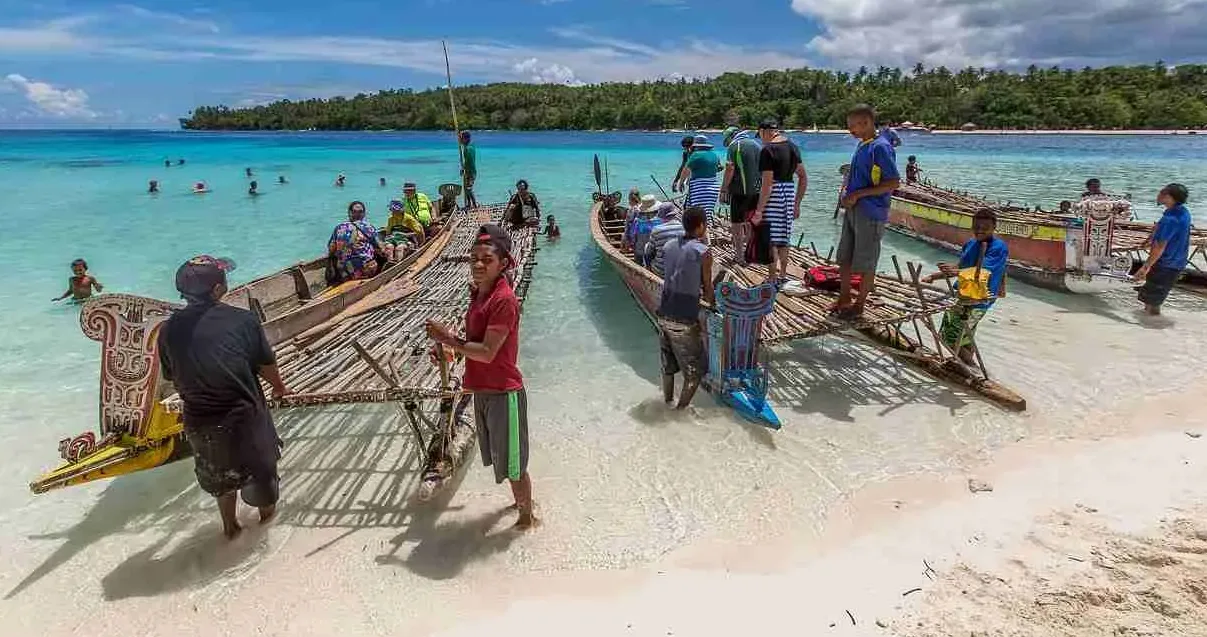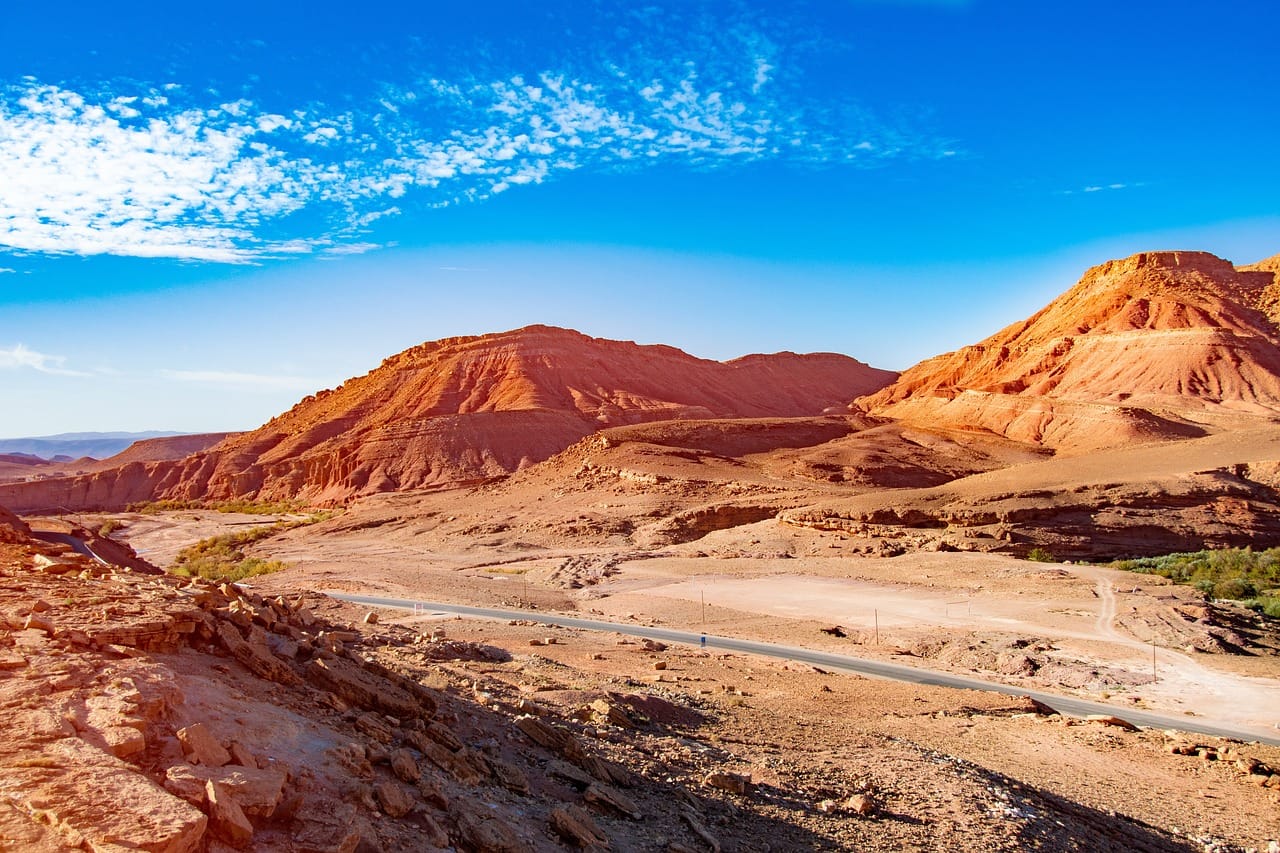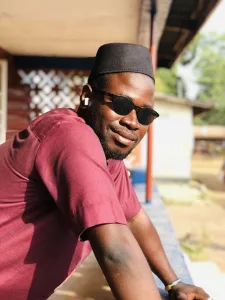Welcome to Guinea
Guinea is a country of vibrant culture, breathtaking landscapes, and heartfelt hospitality. Nestled on the western coast of Africa, the Republic of Guinea remains one of the continent’s most captivating yet underexplored destinations. Travellers who embark on Guinea tours often find themselves immersed in a rich blend of traditions, natural beauty, and historical depth.
From the moment you arrive, Guinea offers a sensory experience like no other. Bustling markets brim with colour and energy, while lush forests and rolling hills invite exploration. The warmth of the people leaves a lasting impression, making every encounter meaningful. Whether you're wandering through a lively street or hiking in the highlands, the spirit of Guinea is ever-present.
Moreover, Guinea’s cultural diversity adds to its charm. With over 24 ethnic groups, each community brings its own customs, languages, and celebrations. This mosaic of traditions creates a dynamic and inclusive atmosphere. Visitors are often welcomed with open arms and invited to share in local music, dance, and storytelling. These experiences offer a deeper understanding of the country’s identity and values.
Cultural Encounters and Local Life
One of the most rewarding aspects of Guinea tours is the opportunity to engage with local culture. Markets are a great starting point. Here, you’ll find vibrant fabrics, handcrafted goods, and aromatic spices that reflect the country’s rich heritage. Each item tells a story, and vendors are usually happy to share insights into their craft.
Traditional music and dance play a central role in Guinean life. Performances often feature rhythmic drumming, expressive movements, and communal participation. Attending a local celebration or cultural event allows travellers to witness the joy and unity that music brings to communities. These moments are not just entertaining, they’re significant.
In addition to cultural experiences, Guinea’s people are known for their generosity and warmth. Visitors frequently comment on the genuine hospitality they receive. Whether staying in a guesthouse or joining a village gathering, the sense of welcome is unmistakable. This openness encourages meaningful connections and fosters mutual respect.
Natural Wonders and Outdoor Adventures
Guinea’s landscapes are as diverse as its cultures. The Fouta Djallon highlands, with their rolling hills and cool climate, offer a refreshing escape. This region is ideal for hiking, birdwatching, and exploring waterfalls such as Kambadaga and Ditinn. These natural sites provide stunning views and peaceful surroundings, perfect for those seeking tranquillity.
Rivers wind through the countryside, supporting vibrant ecosystems and offering opportunities for canoeing or fishing. The flora and fauna are equally impressive. From colourful birds to elusive primates, wildlife enthusiasts will find plenty to admire. Each region has its own ecological character, making every journey unique.
For those who enjoy active travel, Guinea tours can include trekking, biking, and nature walks. These activities allow visitors to experience the land up close and appreciate its beauty in a personal way. Guides often share knowledge about local plants and animals, enriching the experience further.
History and Heritage
Beyond its natural and cultural appeal, Guinea holds a deep historical significance. Archaeological evidence suggests human settlement in the region for thousands of years. Ancient tools, pottery, and ruins reveal stories of early civilisations that once thrived here.
One notable site is Douroula, recognised by UNESCO for its historical importance. Exploring this area offers insight into Guinea’s past and its role in West African history. Visitors can learn about early trade routes, spiritual practices, and the evolution of local societies. These discoveries add depth to any tour and highlight the country’s enduring legacy.
Guinea’s colonial history also shapes its modern identity. The struggle for independence and the journey toward self-governance are central themes in national narratives. Museums and cultural centres provide context and reflection, helping travellers understand the resilience and pride of the Guinean people.
Responsible Travel and Community Impact
Travelling responsibly in Guinea means supporting local communities and protecting natural resources. Many Guinea tours are designed with sustainability in mind. They prioritise local guides, community-run accommodations, and eco-friendly practices. This approach ensures that tourism benefits residents and preserves the environment.
Visitors can contribute positively by choosing tours that respect cultural norms and promote ethical engagement. Participating in community projects or purchasing locally made goods helps stimulate the economy and empower artisans. These actions create a ripple effect, encouraging growth and development.
Moreover, responsible travel fosters mutual understanding. When travellers take time to learn about local customs and listen to community voices, they build bridges across cultures. This exchange enriches both sides and leaves a lasting impact.
Planning Your Guinea Tour
Organising a trip to Guinea requires thoughtful planning. While infrastructure is developing, many regions remain remote and untouched. This adds to the adventure but also calls for preparation. Working with experienced tour operators ensures a smoother experience and access to hidden gems.
Travelers should consider the best times to visit, typically during the dry season from November to May. This period offers favourable weather for outdoor activities and cultural events. Packing essentials like sturdy footwear, insect repellent, and lightweight clothing will help you stay comfortable throughout your journey.
Accommodation options range from simple guesthouses to eco-lodges. Staying in locally owned places enhances the experience and supports the community. Meals often feature fresh ingredients and traditional recipes, giving you a taste of Guinea’s culinary heritage.
Why Choose Guinea Tours?
Guinea tours offer a rare blend of adventure, culture, and connection. Whether you're drawn to its landscapes, intrigued by its history, or inspired by its people, the country delivers a truly enriching experience. Each journey reveals new layers of beauty and meaning.
Unlike more commercial destinations, Guinea remains authentic and welcoming. Travellers can explore at their own pace, engage deeply with local life, and enjoy moments of genuine discovery. This makes every trip memorable and unique.
In conclusion, Guinea is a destination that rewards curiosity and openness. Its vibrant culture, stunning nature, and resilient spirit invite exploration and reflection. By choosing a Guinea tour, you embark on more than a holiday, you begin a journey of connection, learning, and lasting impact.
Discovering Guinea on an Overland Adventure
At Our Local Tour, we believe travel becomes truly meaningful when it connects people, cultures, and stories. That’s why our overland adventure Africa routes are designed to immerse travellers in the rich cultural landscapes of West Africa. Among the most rewarding destinations on this journey is Guinea, a country whose vibrant ethnic diversity offers a deeper understanding of African heritage.
Guinea tours introduce travellers to a tapestry of cultures, where the three largest ethnic groups, the Fulani (Peul), Malinké (Mandingo), and Soussou, make up over 90% of the population. Each group contributes its own language, traditions, and way of life, shaping the country’s dynamic cultural identity.
The Fulani, who represent more than 30% of the population, are traditionally nomadic herders found across Guinea. Their striking attire, musical traditions, and deep Islamic faith reflect a lifestyle shaped by movement and resilience. Speaking Pulaar, the Fulani are known for their storytelling and hospitality. Travelling through Fulani regions offers a chance to witness a way of life rooted in community and adaptability.
In contrast, the Malinké people, who make up around 29% of the population, are primarily settled in the eastern and northern parts of the country. They speak the Malinke language and are also predominantly Muslim. The Malinké are renowned for their griots, oral historians, musicians, and poets who preserve centuries of wisdom and folklore. Visiting a Malinké village allows travellers to hear these stories firsthand and experience the rhythm of traditional life.
Exploring Guinea’s Coastal and Inland Cultures
Along Guinea’s western coast, the Soussou people form about 21% of the population. Their culture is closely tied to the sea, with fishing playing a central role in daily life. The Soussou speak their own language and are known for vibrant clothing, coastal cuisine, and a strong sense of community. Travellers exploring Soussou regions often enjoy fresh seafood dishes and lively gatherings that celebrate local traditions.
Beyond these three major groups, Guinea is also home to smaller but equally significant ethnic communities such as the Kpelle, Loma, Kissi, and Konianké. Each group adds its own flavour to Guinea’s cultural mosaic. From unique crafts and dances to spiritual practices and festivals, these communities enrich the country’s identity and offer travellers a wide range of experiences.
What makes Guinea tours especially memorable is the way these diverse groups have coexisted for centuries. While moments of tension have occurred, there is a long-standing tradition of mutual respect and shared identity. This harmony is reflected in Guinea’s music, art, and cuisine, a fusion of influences that tells the story of a united yet diverse nation.
Travelling with Our Local Tour means experiencing Guinea through the eyes of those who live there. Our local guides are passionate about sharing their heritage and helping visitors connect with the people and places that make Guinea unforgettable. Whether you're exploring bustling markets, attending a village celebration, or learning a traditional dance, you’ll be part of something real and meaningful.
Connecting Through Culture and Community
Guinea tours offer more than sightseeing. They provide opportunities to engage with communities and learn from lived experiences. In Fulani regions, travellers may be invited to join storytelling sessions or observe traditional ceremonies. These moments reveal the values and beliefs that shape everyday life.
In Malinké villages, music often plays a central role. Griots perform songs that recount historical events, family lineages, and moral lessons. Listening to these performances offers insight into how oral traditions preserve cultural memory and foster social cohesion.
Meanwhile, in Soussou communities, visitors can participate in fishing activities or cooking demonstrations. These hands on experiences highlight the importance of the sea in local life and showcase the creativity of coastal cuisine. Sharing a meal with a family or joining a community celebration fosters genuine connection and mutual appreciation.
Throughout Guinea, festivals and rituals mark important milestones and seasonal changes. Travellers who time their visit well may witness colourful ceremonies that blend music, dance, and spirituality. These events are not staged for tourists—they are authentic expressions of identity and belief.



